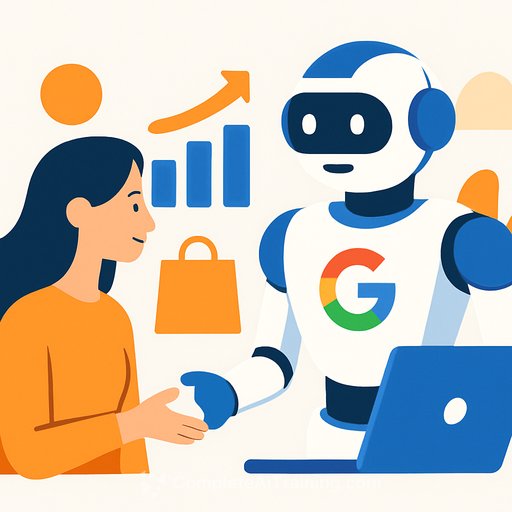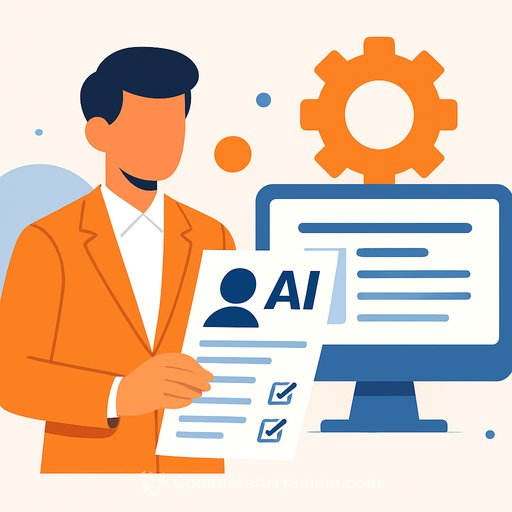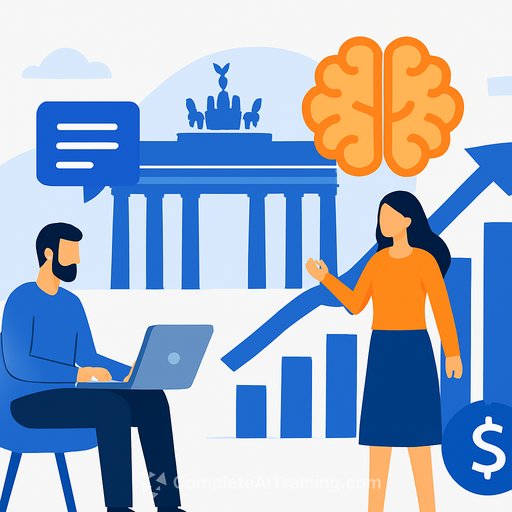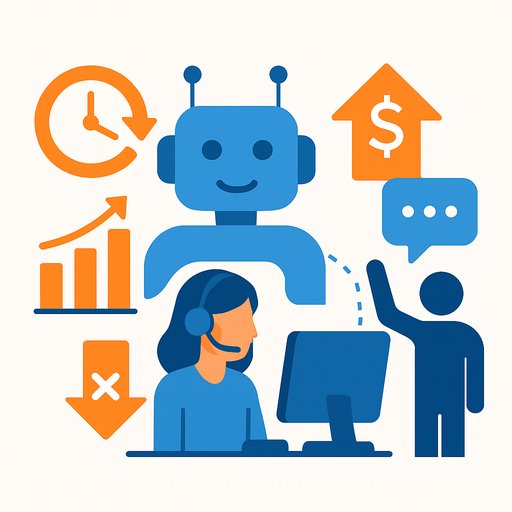Google Is Building AI Mode Agents to Automate Customer Support Tasks
Google is advancing its efforts in automating customer support with a new AI Mode agent focused on handling basic service tasks. Initially, this agent helps with restaurant reservations by checking live availability and connecting users to platforms like OpenTable, Resy, and Tock. This feature is currently part of the $250-per-month Google AI Ultra subscription, integrated into Google's AI Mode for Search, which replaces traditional search results with an assistant powered by Gemini.
While the current capabilities are limited, Google has plans to expand into booking local service appointments and event tickets via Ticketmaster, StubHub, SeatGeek, and Booksy. The broader vision is to build AI-powered “machine customers” that can independently manage service interactions on behalf of human users.
The Machine-to-Machine Customer Service Future
Machine-to-machine customer service isn’t a new idea for Google. The company has tested this space for years, from the Duplex system making restaurant reservations in 2022 to the recent “Ask for Me” feature that places calls to businesses on behalf of users.
However, these developments are more incremental than transformative. Challenges remain, especially around authentication and making sure AI agents don’t make unwanted decisions. If an AI orders the wrong item or schedules something incorrectly, it can cause real problems.
Still, there’s optimism. Automating routine tasks like canceling a bank standing order or rescheduling a delivery through AI could save customers time and reduce friction. This approach lets AI agents interact directly with business systems, removing humans from repetitive, low-value interactions.
Google’s Position and Industry Competition
Some experts question whether Google can lead this space effectively. The company has a history of introducing concepts that others later refine. Meanwhile, startups are already creating AI agents specialized for industries like healthcare and finance, where a generalist AI might struggle.
Despite this, Google’s brand and reach remain significant advantages. Its reputation in search gives it a strong foundation to build trust and scale AI-powered customer service.
Are Enterprises Ready for AI Customers?
The question for enterprises isn’t just about Google’s ability to deliver AI agents but whether organizations are prepared to interact with machine customers.
Gartner predicts that by 2030, 15–20% of revenue could come from AI-driven customers, which will fundamentally change service and sales strategies. Some businesses might resist, recalling how the IRS instructed agents to disconnect calls from bots in 2010. However, customers will likely push forward with AI interactions regardless.
Customer experience leaders need to prepare now by focusing on:
- Authentication and Security: Implement systems to verify requests from AI agents genuinely come from authorized sources.
- Infrastructure Redesign: Adapt websites and call flows to support AI customers, who prioritize data and outcomes over empathy or persuasion.
- Commercial Models: Decide how AI-handled interactions will be priced or incentivized, accounting for potential losses in traditional upselling opportunities.
The risk of relying heavily on machine customers is losing direct connections with human customers, which can obscure preferences and limit growth opportunities. Google's early steps show that machine-to-machine customer service is approaching fast. The real challenge for customer support teams is getting ready to serve AI as well as human clients.
Your membership also unlocks:





